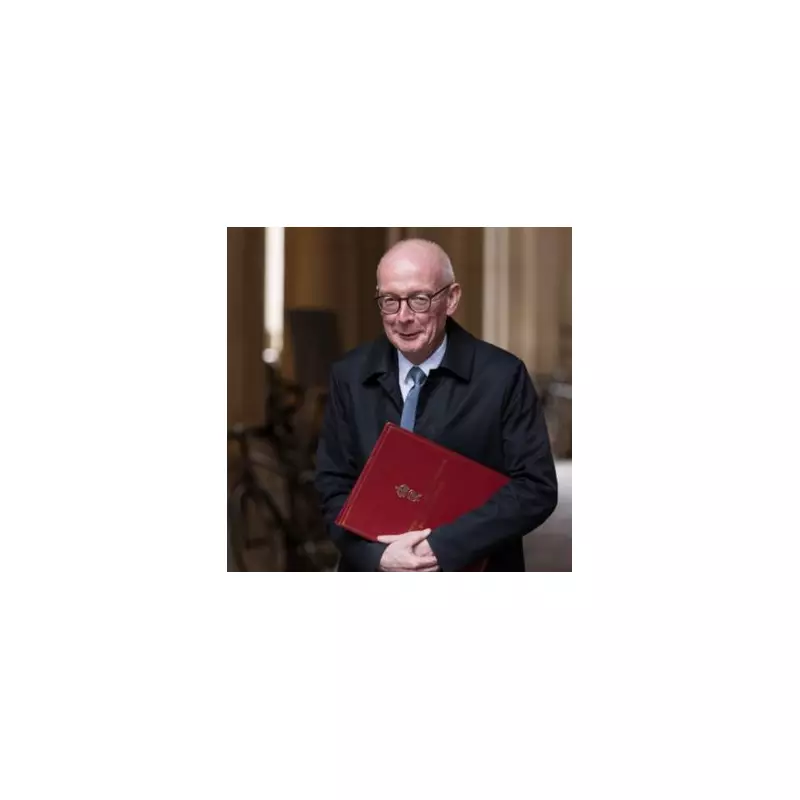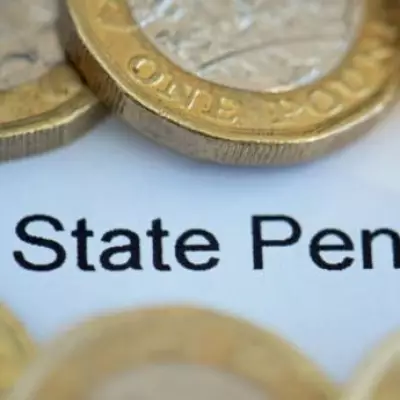
The Labour government is declaring war on a 'silent welfare disease' that it says is crippling a generation of young people and plaguing the Department for Work and Pensions (DWP).
A Crisis of Opportunity for Britain's Youth
Work and Pensions Secretary, Pat McFadden, has announced an independent review to investigate the root causes of soaring youth unemployment and illness. He described the situation as a 'crisis of opportunity' that is actively harming the country's future.
'The rising number of young people who are not in education, employment or training is a crisis of opportunity that demands more action to give them the chance to learn or earn,' Mr McFadden stated.
He expressed grave concern, revealing that the UK is heading towards having more than a million 'Neets' (Not in Education, Employment, or Training) within the next couple of months. 'I believe it's a disease affecting a growing number of young people,' he added.
Independent Review to Drive Far-Reaching Change
The high-profile review will be led by Alan Milburn, the former Labour health secretary. Its mission is to conduct an uncompromising examination of systemic failures.
'We cannot stand by and let a generation of young people be consigned to a life without employment or prospects,' Milburn asserted.
The investigation will scrutinise shortcomings in:
- Employment support
- Education and skills provision
- Health and welfare services
Its ultimate goal is to produce far-reaching recommendations designed to dramatically enhance opportunities for young people to learn and earn.
Building a System for a Better Future
Mr McFadden emphasised his determination to move beyond a system that simply processes benefits. 'I am determined to build a system that supports young people, not just in finding a job, but to build a better future,' he said.
Addressing the complex issue of mental health and its link to welfare, McFadden declined to play 'amateur doctor'. Instead, he posed a critical policy question: 'I don't believe there should be an automatic link between diagnosis and benefits. I think at that point we should ask a different question, which is, if you've had a diagnosis, what can we do to help you?'
He concluded with a message of optimism, stating that unlocking the potential of the next generation would fire the economy and build a better future for all.





